As averse as I generally am to blatant sentimentality, sometimes even I can be surprised by my own susceptibility to saccharine cinema. Harry and Snowman is about as emotionally manipulative as a documentary can get — and I loved it anyway. In fact, I defy even the most cynically minded moviegoer to watch this film without feeling at least a little inspired by its uplifting underdog story. I simply don’t think the stirring of such emotions can be avoided. It may not revolutionize documentary filmmaking, but Harry and Snowman is a moving tale of triumph over adversity that earns the right to tug heartstrings on the basis of its subjects’ compelling narrative.
While the story of Harry de Leyer and his prize show jumper Snowman may be well-known among horse people, my complete lack of familiarity with the events depicted didn’t diminish the effectiveness of this doc. Now in his 80s, de Leyer is reticent to talk about his involvement in the Dutch resistance during World War II but is more than happy to effuse about the horse that changed his life indelibly. After emigrating from the war-torn Netherlands to a Greensboro, NC, tobacco farm, de Leyer used his childhood farming experience to become a stable hand, eventually earning a position as the riding instructor at a prestigious boarding school on Long Island, NY. One fateful day a flat tire delayed his arrival at a horse auction, and an eight-year-old retired plow horse being loaded on a trailer bound for the slaughterhouse caught his eye. De Leyer purchased Snowman for $80, the duo would go on to turn the aristocratic equestrian world on its head, defeating $50,000 thoroughbreds and going on to win back-to-back triple crown championships in 1958 and 1959, upending a sport dominated by wealthy social elites.
De Leyer is an undeniably intriguing person with a fascinating life story, and the film makes excellent use of contemporary interviews and archival footage detailing his journey to public prominence. Heralded as “The Cinderella Horse,” Snowman’s rise to fame led both he and de Leyer to international tours and appearances on The Dick Cavett Show, What’s My Line? and endless newsreel footage, all of which feature prominently in the film’s construction. In an era of sophisticated computer animation frequently augmenting traditional techniques in the documentary form, Harry and Snowman can feel a bit dated at times. However, documentarian Ron Davis’ adherence to a more classical style fits his subject well, never overshadowing the story with extravagant stylistic flourishes.
The film also seems somewhat superficial, as interviews with de Leyer’s children suggest a demanding father with a sizable ego that not only drove his pursuit of greatness but also taxed his familial relationships. The film touches only briefly on de Leyer’s divorce following a near-fatal riding accident that left one of his daughters in a lengthy coma, and it barely mentions a son who abandoned the family after his father’s high-pressure parenting style proved too much to bear. There’s almost certainly a deeper character portrait to be painted of a man who earned the nickname “the galloping grandfather” by continuing to compete well into his 50s while his family life was in chaos, but such nuance will have to wait for a cinematic dramatization of the story that will assuredly arrive at some point.
Davis’ documentary boasts an egalitarian appeal that easily overcomes its minor shortcomings, presenting the audience with an uncomplicated story of a working-class man and his ramshackle horse beating all odds, thanks to their unbreakable bond and dogged determination. Speaking as someone who didn’t care for Seabiscuit or Secretariat, it’s the unvarnished honesty of de Leyer’s relationship with his horse that should ingratiate Harry and Snowman to audiences broader than its obvious appeal to horse lovers. That a man who helped save fleeing Jews from Nazi death camps describes the inevitable necessity of euthanizing Snowman (whose kidneys were failing at age 26) as the most difficult period of his life is indicative of this film’s stance on the human-animal bond, and the fact that this description doesn’t come across as a contrivance or an understatement is a particularly laudable accomplishment for a documentary of this nature. In short, it doesn’t take much horse sense to recognize the heart and heroism of these two underestimated characters whose drive and work ethic left them heads and tails above their competition. Not rated.
Opens Friday at Grail Moviehouse.




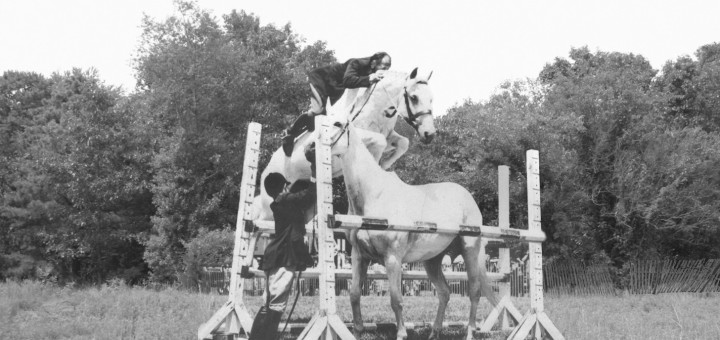
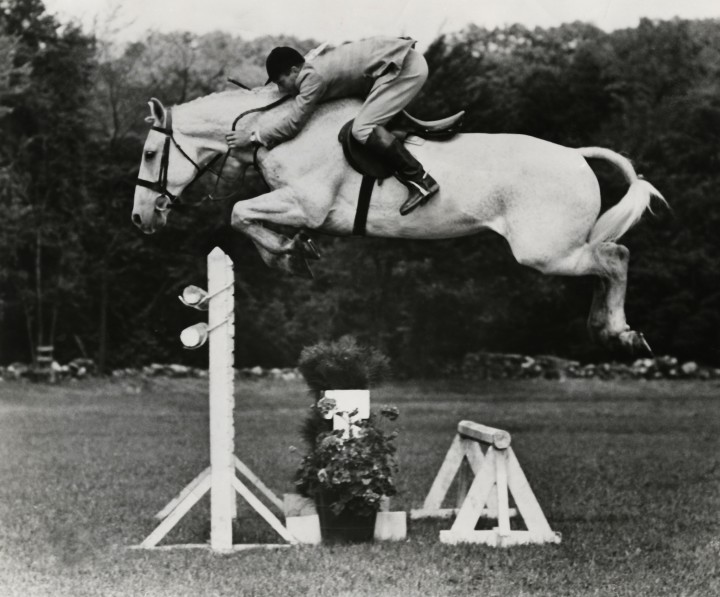
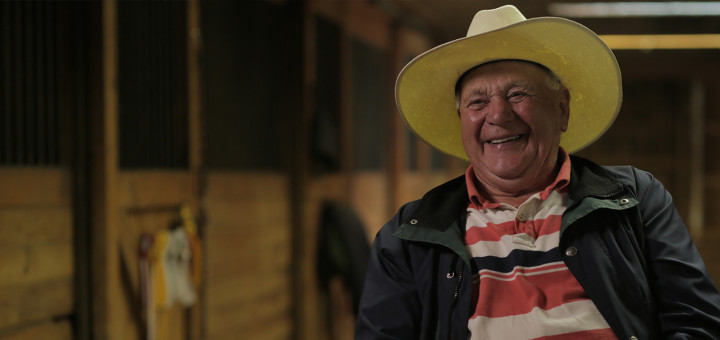
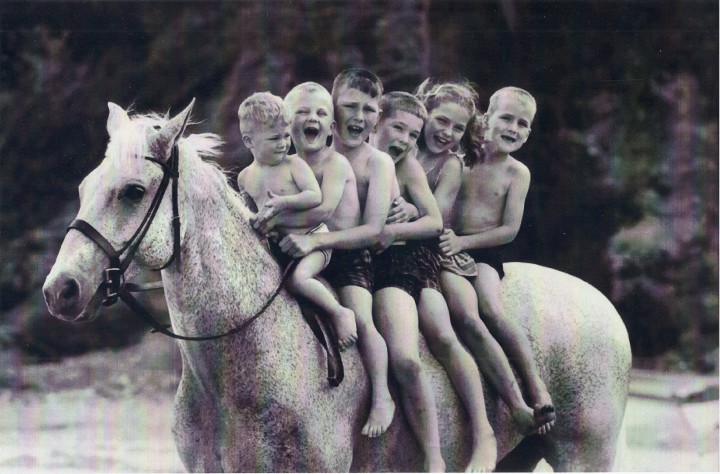
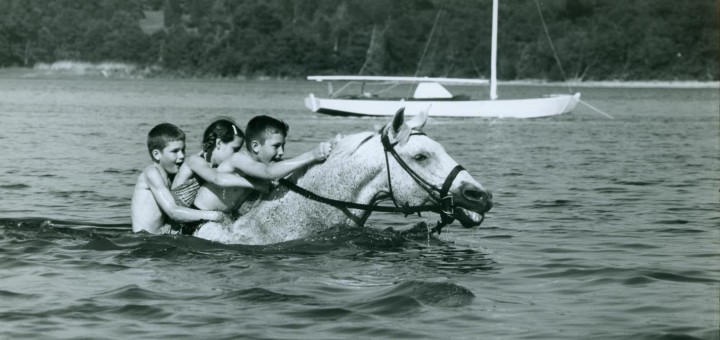
Before you comment
The comments section is here to provide a platform for civil dialogue on the issues we face together as a local community. Xpress is committed to offering this platform for all voices, but when the tone of the discussion gets nasty or strays off topic, we believe many people choose not to participate. Xpress editors are determined to moderate comments to ensure a constructive interchange is maintained. All comments judged not to be in keeping with the spirit of civil discourse will be removed and repeat violators will be banned. See here for our terms of service. Thank you for being part of this effort to promote respectful discussion.